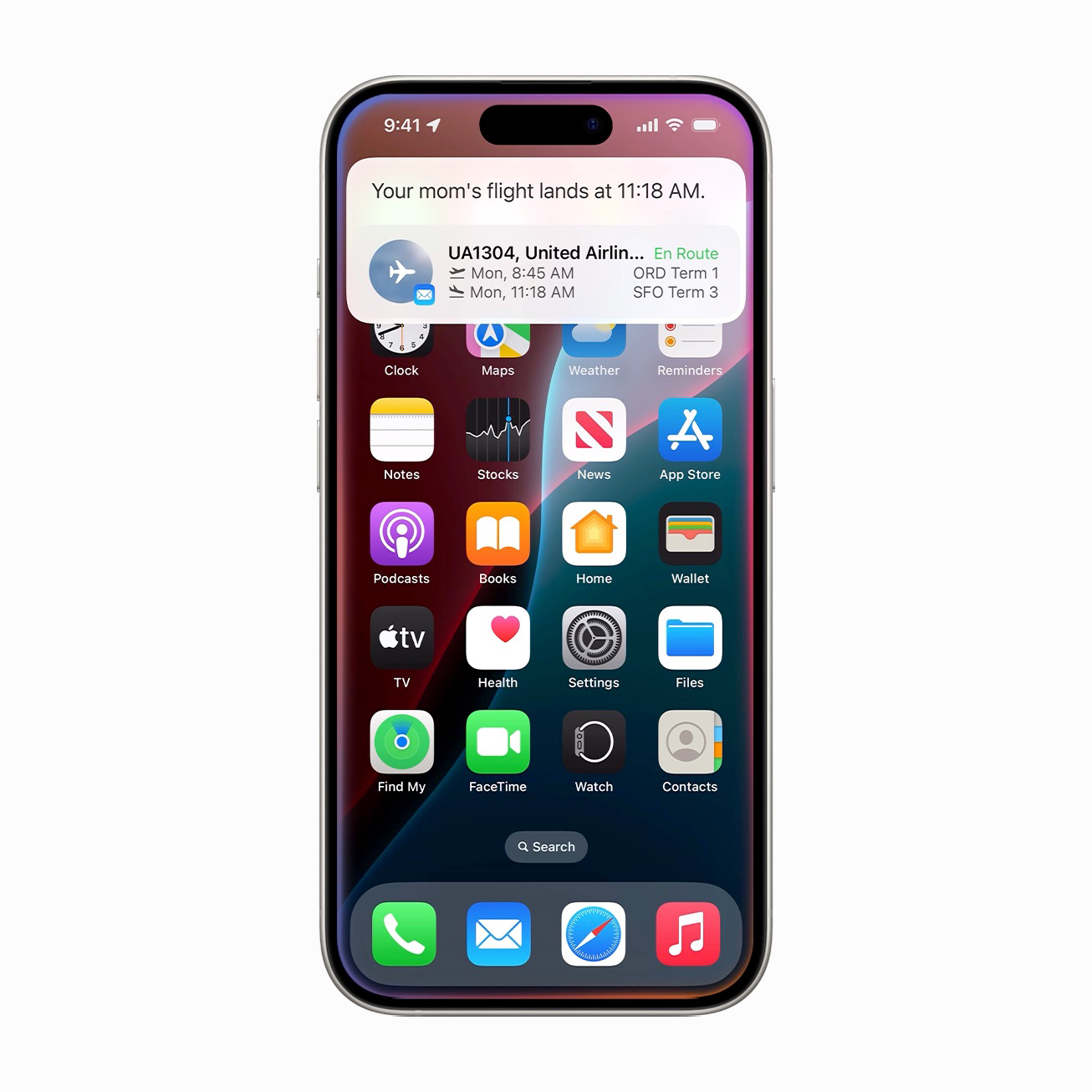
Musk’s Stark Warning: A Ban on Apple Devices Over OpenAI Partnership
In a surprising move, Elon Musk, the enigmatic CEO of Tesla and SpaceX, has issued a stern warning regarding Apple’s recent partnership with OpenAI. Musk claims that the deeper integration of OpenAI’s ChatGPT into Apple’s ecosystem poses an “unacceptable security violation,” raising significant concerns about data privacy and security across his various companies.
Elon Musk’s stance on data privacy and security impacts Apple devices.
On June 10, Musk took to social media platform X (formerly Twitter) to express his discontent, stating, “If Apple integrates OpenAI at the OS level, then Apple devices will be banned at my companies.” This statement indicates that employees at Tesla, SpaceX, X, and other affiliated companies may soon find themselves unable to use iPhones, iPads, and Macs while on company premises.
This warning comes shortly after Apple announced its collaboration with OpenAI, a move that Musk believes compromises data security. As technology continues to intertwine with personal privacy, Musk’s comments highlight the potential ripple effects of corporate partnerships on user security.
The Faraday Cage: A Precautionary Measure
Musk elaborated on the repercussions of this partnership by mentioning that any visitors to his companies will be required to check in their Apple devices upon arrival. These devices, he noted, will be stored in a Faraday cage—an enclosure designed to block all forms of electromagnetic radiation.
“It’s patently absurd that Apple isn’t smart enough to make their own AI, yet is somehow capable of ensuring that OpenAI will protect your security & privacy! Apple has no clue what’s actually going on once they hand your data over to OpenAI. They’re selling you down the river,” Musk remarked.
 An artistic representation of AI innovation and security concerns.
An artistic representation of AI innovation and security concerns.
Musk’s assertion raises pertinent questions about the ability of tech giants to maintain user data integrity amid increasing integrations with external AI partners. While Apple continuously promotes its advancements in technology, it is now positioned in a controversial light due to its reliance on OpenAI’s capabilities.
Apple’s AI Challenges
Amid the heightened scrutiny, Apple has been making strides to develop its AI technologies, yet critics argue that these efforts have not kept pace with competitors. The recent buzz around the AI iPhone, which Apple dubbed as “personal intelligence,” signifies the company’s foray into AI enhancements designed to offer a unique user experience. However, Musk’s response suggests that this attempt may not suffice in mitigating the security implications of third-party integrations.
As the technology sector becomes increasingly entwined with both user experience and data privacy, Musk’s stance reflects the growing concern over how partnerships can compromise user trust. Apple’s reliance on OpenAI could serve as a double-edged sword, offering enhanced capabilities but potentially jeopardizing user data in the process.
The Broader Implications of Corporate Partnerships
In an era where conversations about data privacy dominate, Musk’s warning serves to underline the critical need for companies to thoroughly assess their partnerships and collaborations. The security measures being proposed by Musk for his companies indicate a larger movement focused on safeguarding sensitive information in the workplace.
A Shift in Tech Dynamics?
This situation is emblematic of the broader dynamics at play within the technology industry, where the balance of innovation and security becomes a complex equation. The implications of such partnerships on device use, corporate policy, and consumer trust are profound, prompting industry stakeholders to reconsider their strategies moving forward.
 The evolving landscape of tech partnerships and their security implications.
The evolving landscape of tech partnerships and their security implications.
As Apple moves ahead with its plans, the industry will be watching closely to see how it manages these challenges. The response from other tech giants and the tech community at large may set a precedent for how future collaborations are handled, particularly those involving sensitive data.
In the wake of recent developments, the public’s perception of Apple could shift dramatically. Users may demand greater transparency on how their data is managed and what safety nets exist against potential security breaches stemming from corporate partnerships.
Conclusion: A Cautionary Tale for the Tech Industry
Elon Musk’s warning about the dangers of integrating OpenAI’s ChatGPT with Apple devices serves as a cautionary tale for the tech industry. As corporate giants grapple with the complexities of innovation and security, the need for rigorous policies regarding data handling and user privacy is more crucial than ever. Companies must not only innovate but must do so while ensuring they uphold the trust placed in them by consumers.
As the discussion unfolds, the tech world watches closely, waiting for clarifications from Apple and a potential response from Musk regarding the future of device regulations in his companies. This developing story could have far-reaching consequences in shaping both corporate interactions and consumer expectations in the rapidly evolving tech landscape.
For more insights on Apple’s recent initiatives, check out Apple Intelligence and the latest on the AI iPhone.















